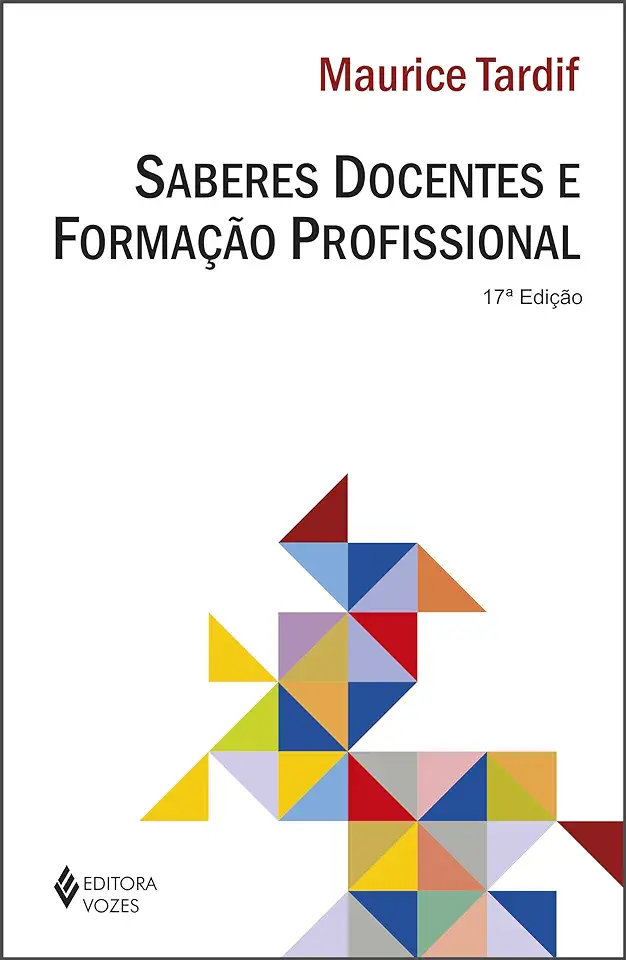
Teaching Knowledge and Professional Formation - Maurice Tardif
Teaching Knowledge and Professional Formation: A Comprehensive Guide to Understanding and Developing Effective Teaching Practices
Introduction
In the ever-evolving field of education, teachers play a pivotal role in shaping the minds and futures of their students. To be successful in this demanding profession, educators must possess not only a deep understanding of their subject matter but also a comprehensive grasp of teaching knowledge and professional formation. This book, authored by the renowned scholar Maurice Tardif, serves as an invaluable resource for educators seeking to enhance their teaching practices and achieve professional excellence.
Understanding Teaching Knowledge
Teaching knowledge encompasses a diverse range of skills, competencies, and understandings that are essential for effective teaching. Tardif identifies three main components of teaching knowledge:
Content knowledge: This refers to the subject matter that teachers are expected to teach, including both the factual information and the underlying concepts and principles.
Pedagogical knowledge: This encompasses the methods, strategies, and techniques that teachers use to impart knowledge to students, including classroom management, assessment, and differentiation.
Curricular knowledge: This refers to the understanding of the curriculum that teachers are required to teach, including the goals, objectives, and content of the curriculum, as well as the ways in which it can be effectively implemented.
Developing Professional Formation
Professional formation is an ongoing process of learning and development that enables teachers to enhance their teaching knowledge and skills throughout their careers. Tardif emphasizes the importance of reflective practice, collaboration, and continuous professional development as key elements of professional formation.
Reflective practice: This involves critically examining one's own teaching practices, identifying areas for improvement, and making informed changes to enhance student learning.
Collaboration: Working with colleagues, mentors, and other professionals provides opportunities for teachers to share ideas, learn from others, and gain valuable insights into effective teaching practices.
Continuous professional development: Engaging in ongoing learning opportunities, such as workshops, conferences, and online courses, allows teachers to stay up-to-date with the latest research and best practices in education.
Key Features of the Book
Comprehensive coverage: This book provides a comprehensive overview of teaching knowledge and professional formation, encompassing a wide range of topics essential for effective teaching.
Research-based insights: Tardif draws upon extensive research and empirical evidence to support his arguments and provide practical guidance for teachers.
Engaging writing style: The book is written in an engaging and accessible style, making it an enjoyable read for educators of all levels.
Practical applications: Tardif offers practical strategies and techniques that teachers can immediately apply in their classrooms to improve student learning.
Conclusion
"Teaching Knowledge and Professional Formation" is a must-read for educators seeking to enhance their teaching practices and achieve professional excellence. Tardif's comprehensive exploration of teaching knowledge and professional formation provides a solid foundation for educators to reflect on their own practices, identify areas for improvement, and engage in continuous professional development. By investing in this book, educators will gain the knowledge, skills, and strategies necessary to make a positive impact on the lives of their students and shape the future of education.